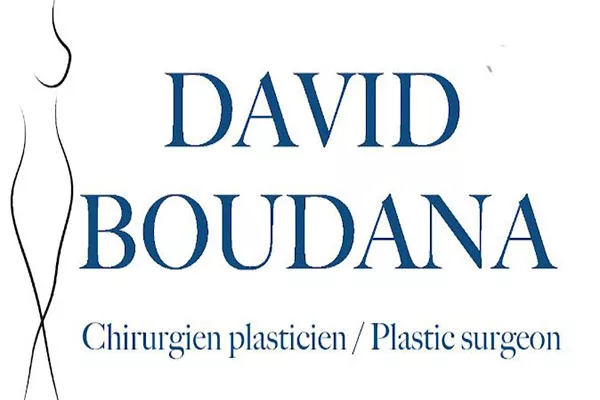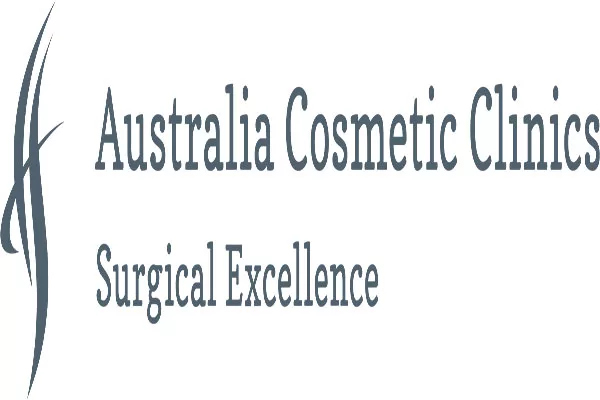Liposuction, also known as liposculpture, is a cosmetic surgical procedure that aims to remove excess fat from specific areas of the body, such as the abdomen, hips, thighs, and arms. This procedure is popular among those who have tried various methods of diet and exercise but still struggle to get rid of stubborn fat. Liposuction can help to contour and sculpt the body, achieving a more toned and attractive appearance. However, it is important to understand the risks and potential complications associated with this procedure before deciding to undergo it.
How Liposuction Works
Liposuction is performed using a hollow tube called a cannula, which is inserted through small incisions in the skin. The cannula is attached to a vacuum-like device that sucks out the excess fat cells from the targeted area. Depending on the amount of fat being removed and the technique used, the procedure can take anywhere from one to several hours to complete. Some common techniques used in liposuction include:
- Tumescent liposuction: A local anesthetic is injected into the targeted area to make it swell, making it easier to remove fat cells.
- Ultrasound-assisted liposuction (UAL): Sound waves are used to liquefy the fat cells before removal, making it easier to extract them from the body.
- Laser-assisted liposuction (LAL): A laser is used to liquefy the fat cells before they are removed.
After the procedure, patients may experience bruising, swelling, and discomfort for several days or weeks. It is important to follow the post-operative care instructions provided by the surgeon in order to promote proper healing and reduce the risk of complications.
Who Is a Good Candidate for Liposuction?
Liposuction is not a weight-loss solution and is not recommended for those who are significantly overweight or obese. It is best suited for individuals who are at or near their ideal body weight but have localized areas of excess fat that are resistant to diet and exercise. Good candidates for liposuction should also have good skin elasticity, as the procedure involves removing fat from beneath the skin, and if the skin is loose or saggy, it may not contract properly after the fat is removed, leading to less than optimal results. It is also important that candidates have realistic expectations about what the procedure can achieve and are motivated to maintain a healthy lifestyle after the procedure in order to maintain the results. Ideal candidates for liposuction are:
- Non-smokers
- In good overall health
- Have firm, elastic skin
- Within 30% of their ideal body weight
- Have localized areas of excess fat that are resistant to diet and exercise
Potential Risks and Complications
As with any surgical procedure, there are potential risks and complications associated with liposuction. Some of the most common risks include:
- Infection
- Bleeding
- Hematoma (a collection of blood under the skin)
- Nerve damage
- Skin irregularities or contour deformities
- Pulmonary embolism
- Allergic reaction to anesthesia or medications
- Fluid imbalance
- Fat embolism
It is important to note that serious complications are rare and that the majority of patients experience no or minor side effects. Choosing a qualified, experienced surgeon can help to further minimize the risk of complications. It is also important to follow all pre- and post-operative instructions provided by the surgeon in order to reduce the risk of complications and promote proper healing.
Preparing for Liposuction
Before undergoing liposuction, patients will undergo a thorough evaluation to determine if they are good candidates for the procedure. This will typically involve a physical exam, a review of the patient’s medical history, and a discussion of their expectations and goals for the procedure.
Patients will also be instructed to:
- Stop smoking and avoid nicotine in any form for several weeks prior to and after the procedure, as this can interfere with healing and increase the risk of complications
- Avoid certain medications, supplements, and herbs that can increase the risk of bleeding (such as aspirin and ibuprofen)
- Arrange for someone to drive them home after the procedure and stay with them during the first night of recovery
- Follow any fasting or preparation instructions provided by the surgeon (such as not eating or drinking anything after midnight before the procedure)
- Make arrangements for time off work or other responsibilities for the recovery period (typically 1-2 weeks, depending on the extent of the procedure)
It is important to communicate openly and honestly with the surgeon and ask any questions or voice any concerns prior to the procedure.
What to Expect During the Procedure
On the day of the procedure, patients will arrive at the surgical facility and meet with the surgeon and anesthesia provider to go over any last-minute questions or concerns. They will then be given anesthesia (either local, general, or sedation, depending on the extent of the procedure and the patient’s preference) and taken to the procedure room. The surgeon will make small incisions in the targeted area and insert the cannula to begin removing the excess fat. Throughout the procedure, the patient’s vital signs will be monitored, and medication may be administered as needed to manage pain and ensure comfort. After the procedure is complete, the incisions will be closed with sutures or sterile tape, and compression garments will be applied to the treated area to help reduce swelling and promote healing. Patients are typically taken to a recovery area for several hours of observation before being discharged.
Recovery and Post-Operative Care
Recovery after liposuction typically involves several days to a week of rest and recuperation. Patients should plan to take time off work or other responsibilities to allow for proper healing. Depending on the extent of the procedure, a compression garment may need to be worn for several weeks to minimize swelling and promote proper skin contraction. It is also important to avoid strenuous activities or exercise for several weeks to allow the body to properly heal. Some other tips for a smooth recovery include:
- Taking pain medication as prescribed
- Drinking plenty of fluids to stay hydrated
- Eating a healthy, balanced diet to support healing
- Following any wound care instructions provided by the surgeon (such as changing dressings and keeping the incisions clean and dry)
- Avoiding smoking and second-hand smoke, as this can interfere with healing and increase the risk of complications
Patients will typically have a follow-up appointment with the surgeon within a few weeks of the procedure to monitor healing and evaluate the results. It is important to keep all follow-up appointments and notify the surgeon if any concerning symptoms (such as severe pain, fever, or signs of infection) arise during the recovery period.
Liposuction Results
The results of liposuction can vary depending on several factors, including the amount of fat removed, the technique used, and the patient’s individual healing ability. However, in general, patients can expect to see a noticeable reduction in the targeted area’s size and a more toned, sculpted appearance. Maximum results will typically be visible several months after the procedure, as the body fully heals and the skin constricts around the new, slimmer contour. However, it is important to note that liposuction is not a weight-loss solution and should not be used as a substitute for healthy lifestyle habits like regular exercise and a balanced diet. Maintaining an appropriate weight and staying active will help to ensure optimal results and prevent future excess fat accumulation.
Liposuction Cost
The cost of liposuction can vary widely depending on several factors, including the extent of the procedure, the technique used, the surgeon’s experience and reputation, and the geographic location of the surgical facility. On average, liposuction can cost anywhere from $2,000 to $6,000 or more, with additional fees for anesthesia, facility fees, and other related expenses. It is important to note that these costs may not be covered by health insurance, as liposuction is considered a cosmetic procedure. However, many surgeons offer financing options or payment plans to help make the procedure more affordable. It is important to discuss all costs and payment options with the surgeon prior to scheduling the procedure. Additionally, patients should not use cost as the sole determinant when choosing a surgeon, as experience, qualifications, and reputation are important factors to consider when selecting a provider.
Conclusion
Liposuction can be an effective and safe way to contour and sculpt the body and achieve a more toned, attractive appearance. However, it is important to carefully consider the risks, benefits, and costs of the procedure before deciding to undergo it. Choosing a qualified, experienced surgeon and carefully following all pre- and post-operative instructions can help to minimize the risk of complications and promote successful healing and optimal results. With proper planning and a commitment to maintaining a healthy lifestyle, liposuction can be a worthwhile investment in one’s self-confidence and appearance.
References:
1. American Society of Plastic Surgeons. (2021). Liposuction. Retrieved from https://www.plasticsurgery.org/cosmetic-procedures/liposuction
2. WebMD. (2021). Liposuction. Retrieved from https://www.webmd.com/beauty/cosmetic-procedures-liposuction
3. Mayo Clinic. (2021). Liposuction. Retrieved from https://www.mayoclinic.org/tests-procedures/liposuction/about/pac-20384586
4. American Society of Plastic Surgeons. (2021). Who is a good candidate for liposuction? Retrieved from https://www.plasticsurgery.org/cosmetic-procedures/liposuction/candidates
5. American Society of Plastic Surgeons. (2021). Risks of liposuction. Retrieved from https://www.plasticsurgery.org/cosmetic-procedures/liposuction/safety
6. American Society of Plastic Surgeons. (2021). What should I expect during liposuction recovery? Retrieved from https://www.plasticsurgery.org/cosmetic-procedures/liposuction/recovery
7. American Society of Plastic Surgeons. (2021). Liposuction results: What should I expect? Retrieved from https://www.plasticsurgery.org/cosmetic-procedures/liposuction/results
8. American Society of Plastic Surgeons. (2021). How much does liposuction cost? Retrieved from https://www.plasticsurgery.org/cosmetic-procedures/liposuction/cost”







